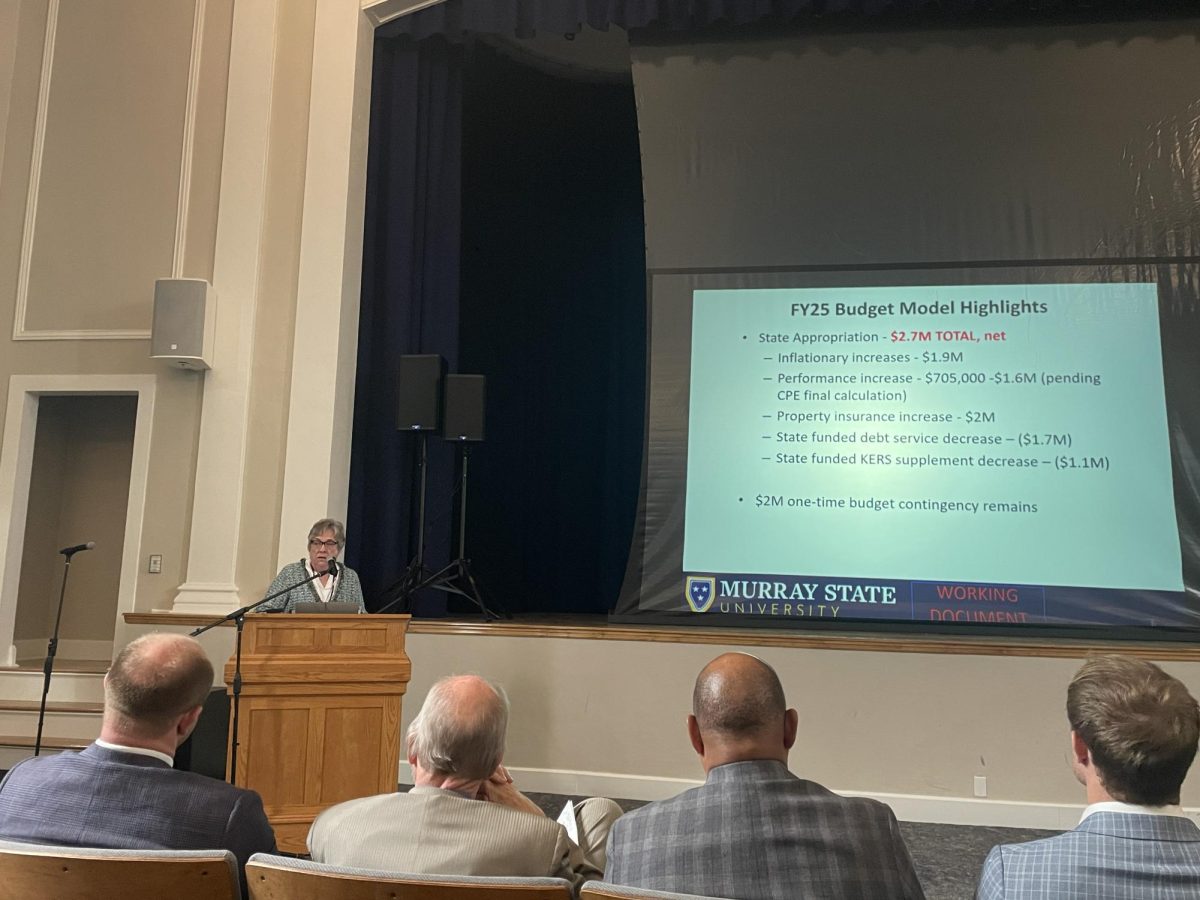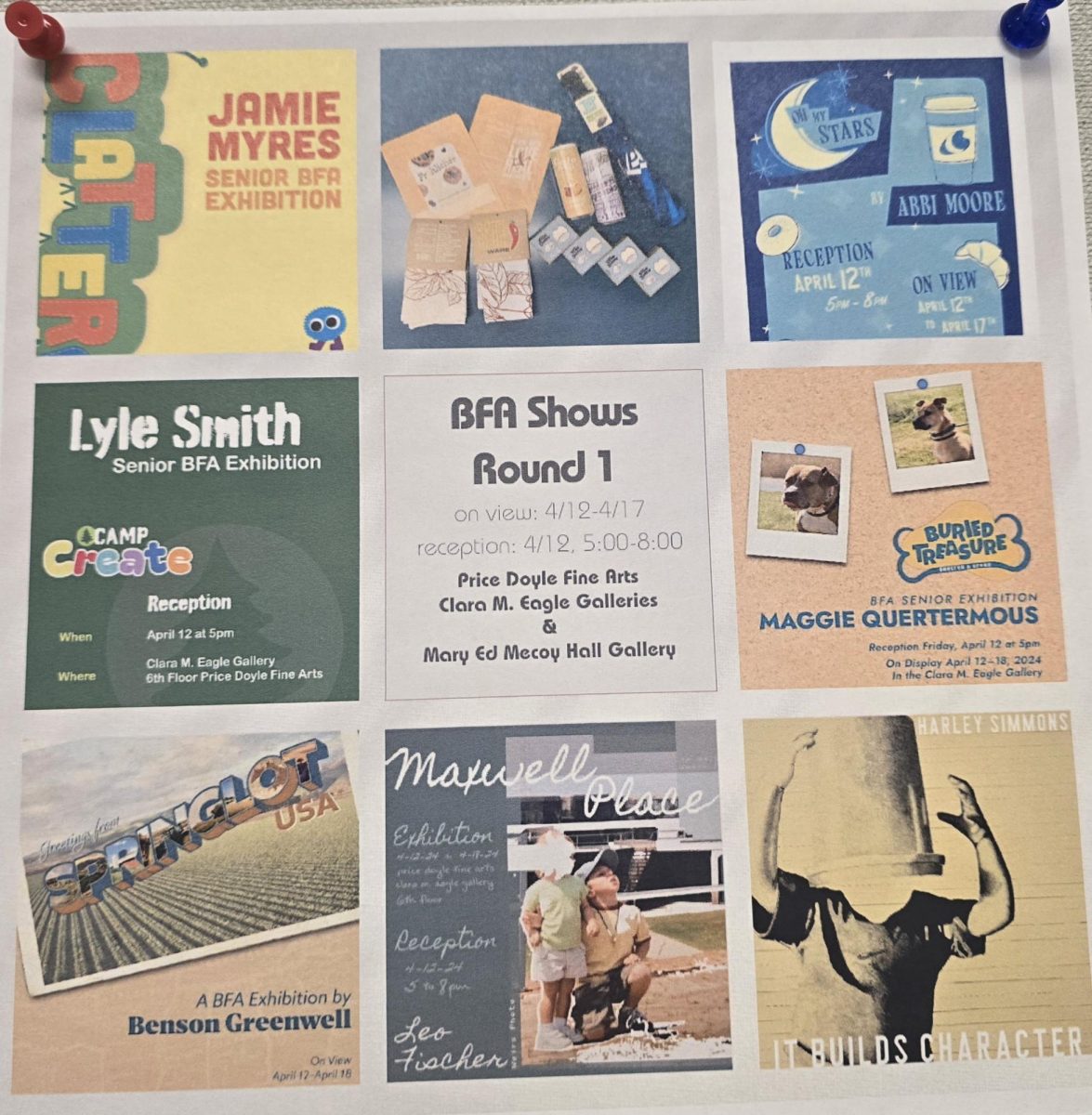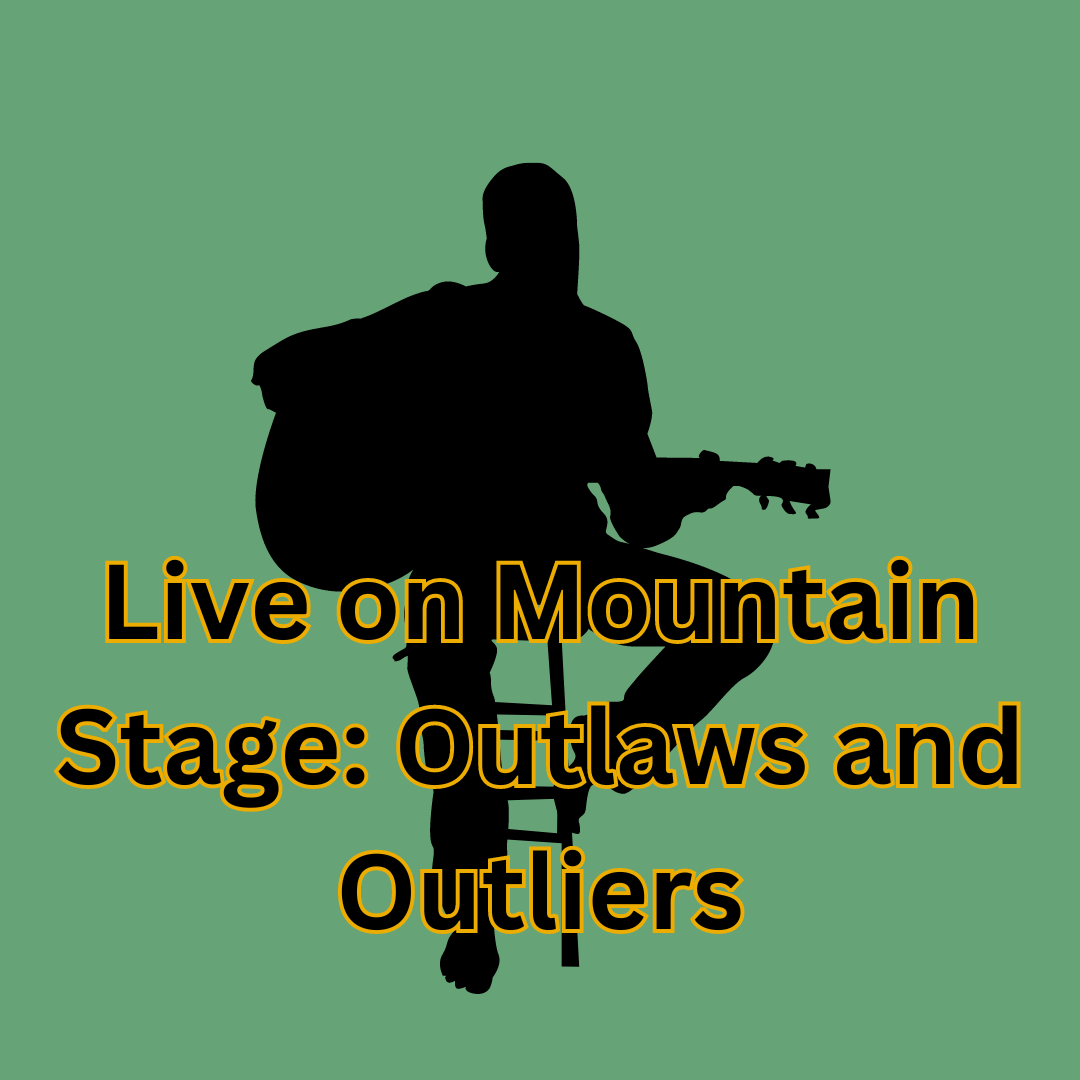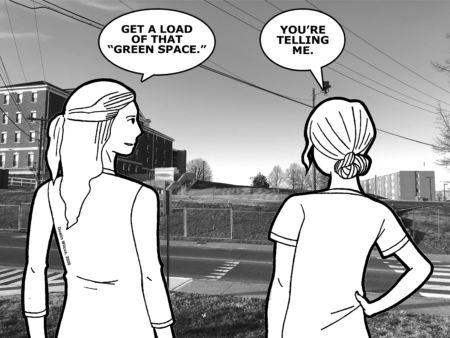Written by Robert Valentine, Senior Lecturer of Advertising and contributing writer
So, like, I am almost totally, like, you know, like, mad about a couple of, like, small words, you know? Really.
Right now you have no idea what this column is about. You have, like, twenty words, but you are still just as uninformed. In essence, you have wasted this small portion of your life because what you read cannot be interpreted in any human language. That’s what irritates me, and it should irritate you, as well.
The “like” problem is very old. Americans have been abusing that poor little word for decades. Some modern speakers use “like” as you would any other non-fluency. That is, it’s a little place holder to keep your speech flowing while your brain tries to decide what you want to communicate.
For example: “So, I’m all, like, totally, like, bummed, right?”
I barely even know what you’re talking about. You should have simply said, “I’m very upset.”
We are assuming here that being “bummed” is some vague reference to being distressed. We also assume there are degrees of “bummedness” ranging from the “slightly bummed” to the “totally bummed.” Beyond total “bummedness” there can be no other comparative. Total is “total,” right?
People use the word “like” to indicate a variety of things which cannot be clearly understood. If someone says “So, he was all, like, ‘I don’t know,’” you don’t know much. Did he actually say “I don’t know,” or did he indicate his lack of knowledge by being “like” something. Was it in his body language? His facial expression?
We don’t know – the speaker has wasted our time.
And who destroyed the pleasant little word “so?” Even allegedly skilled users of the language, such as the commentators on National Public Radio, have taken to beginning every answer with the word. So, what?
If you ask, “Will the President support the new immigration bill,” you would like to hear something definitive. “I don’t know” would be another choice and probably a pretty good one compared to what we often receive.
Instead, we get this: “So, the President has said many times he wants a new bill, and has been, like, ‘We need this,’ but we can’t tell.”
What’s wrong with saying “The President has often said he wants a new bill, but we have no idea whether he will support one or not.” That would be, like, understandable, right?
“So,” says the dictionary, is either an adverb (“I’m so tired!”) or a conjunction (“I hurt my wrist so I went to the ER.”); neither of those words belong at the beginning of a new sentence.
I know what you’re thinking: “So, like, c’mon, Bob; like, you totally know what I mean!”
And thereby hangs a tale. I do not know what you mean. I know you are talking at something, but not getting there. I know you feel you have something to say, but you aren’t saying it. I might even feel that I grasp some sense of the, like, meaning, but, like, not totally, which is why I’m, like, bummed.
Lately, I’ve started using “so” at the beginning of sentences. So, I’m, like, totally bummed, right?
At the university level, we deal in words. Words carry ideas, so they have to be carefully handled or the ideas won’t make it from one mind to another. That transfer of ideas is why we all came here.
We can use words in a way that will clarify, not confuse. We can, and we must.
So let’s give it a shot, right? That way we won’t all be, like, you know, stupid and stuff.






































































































